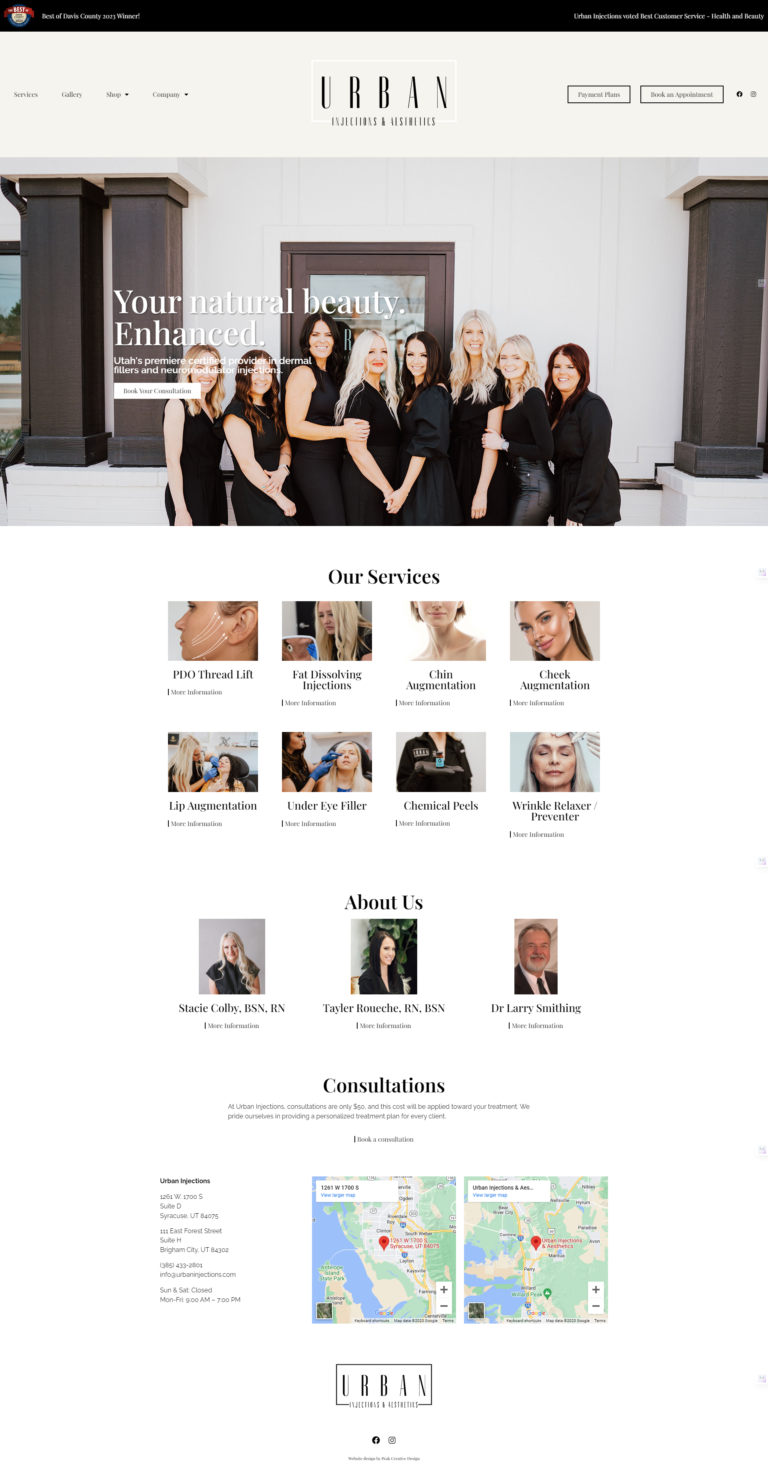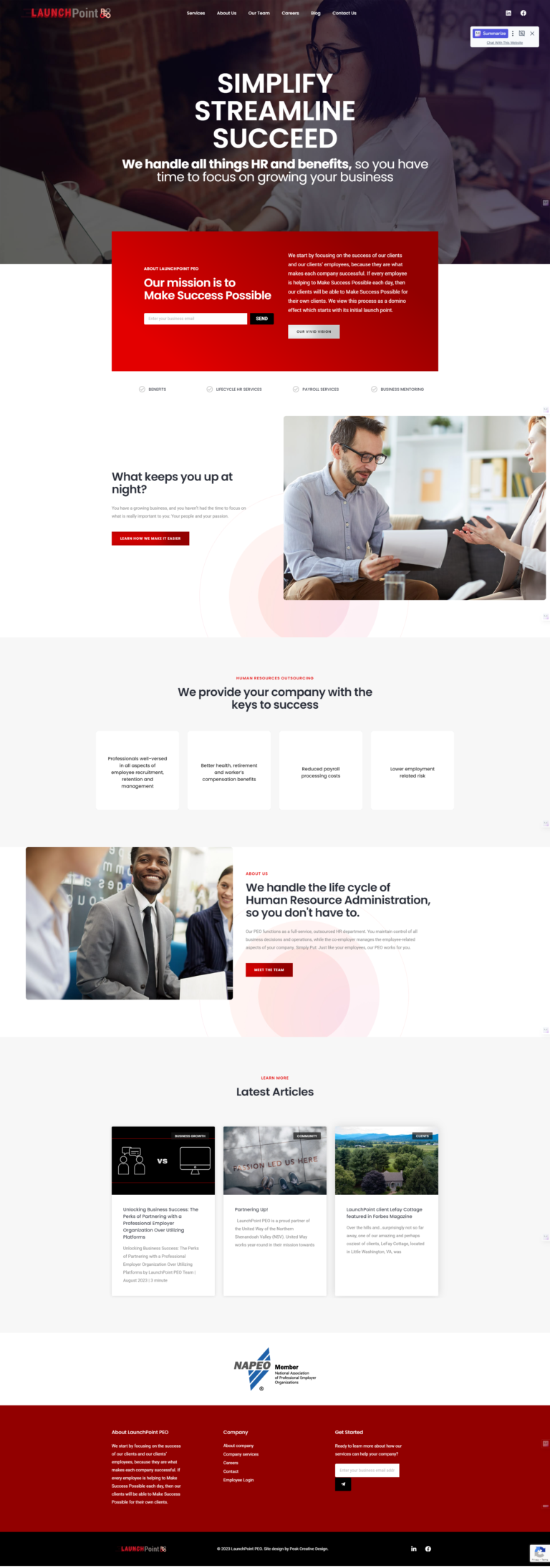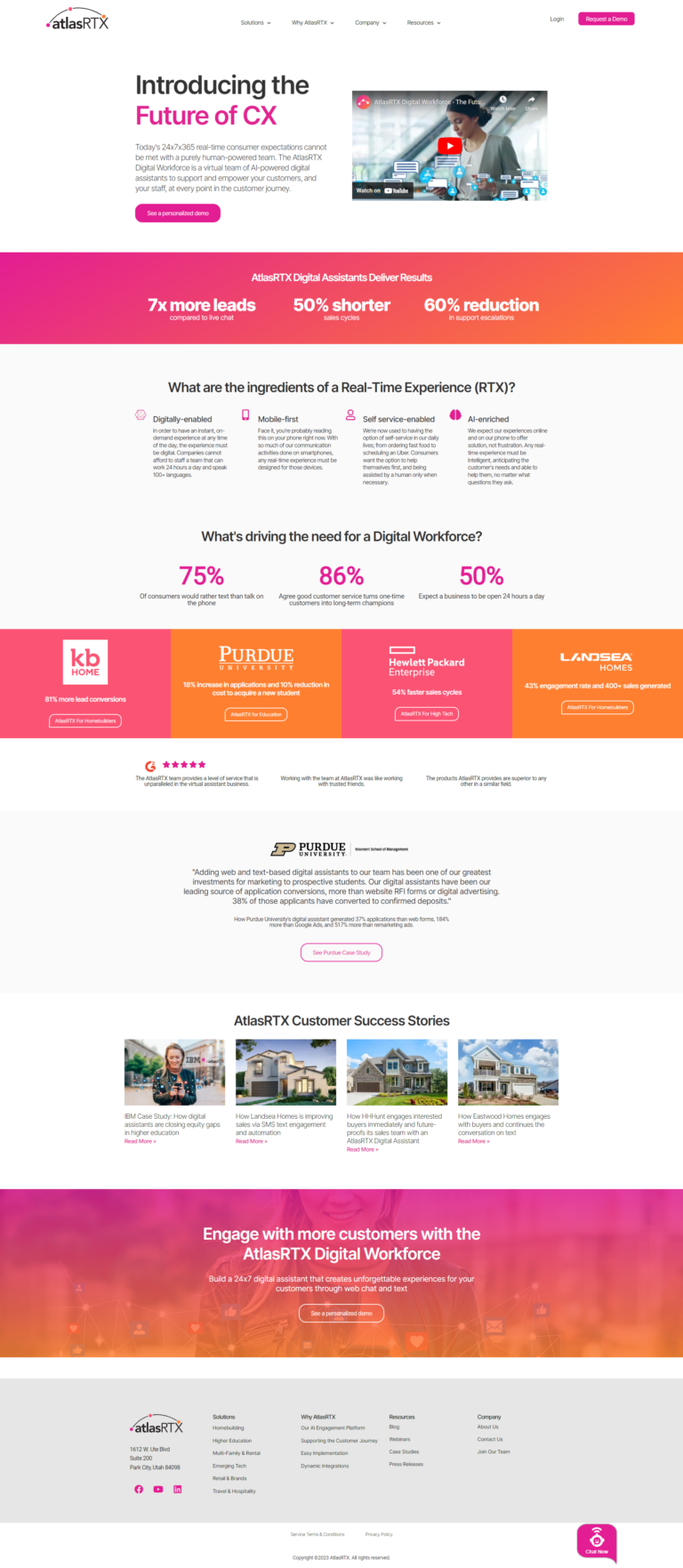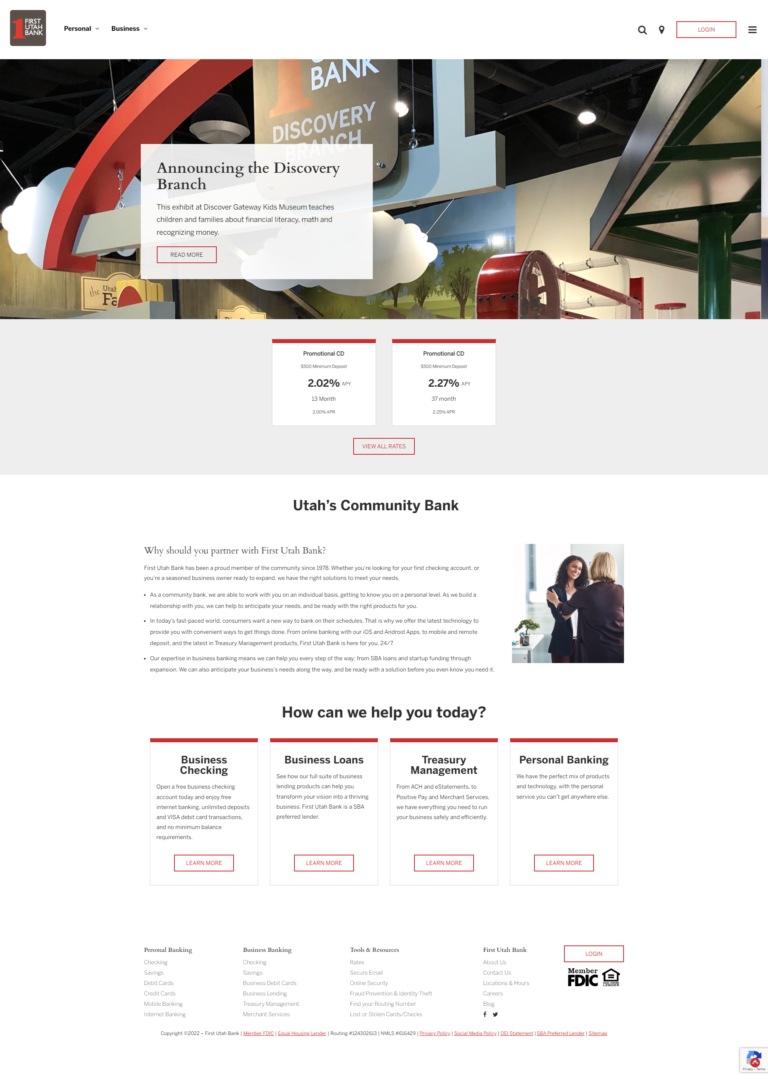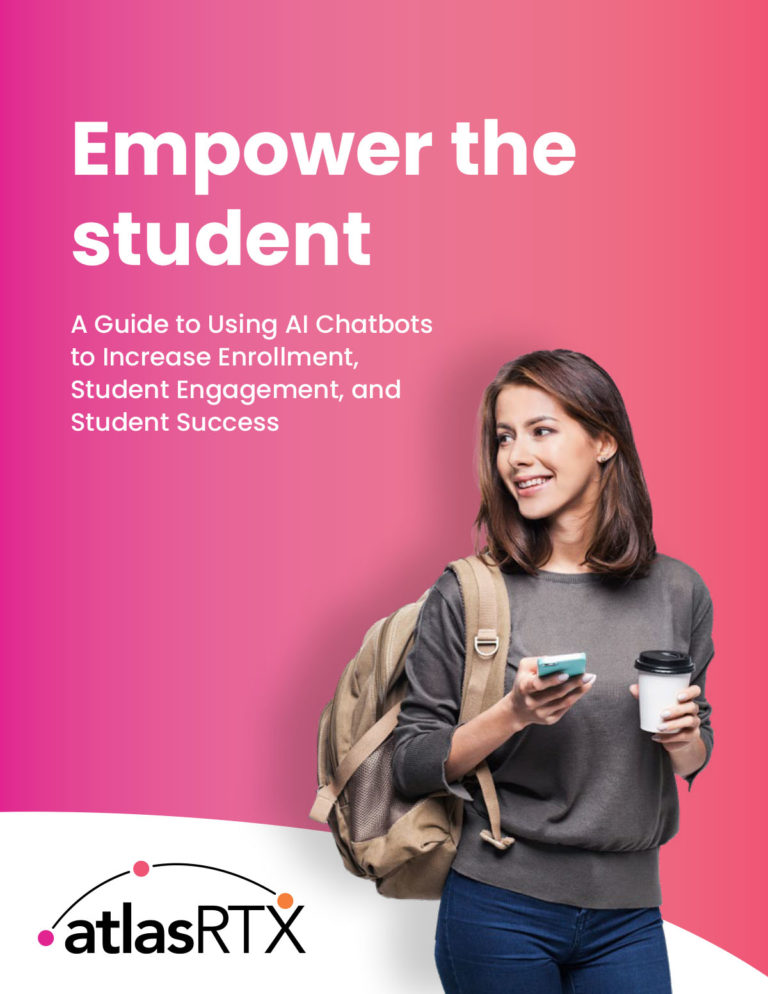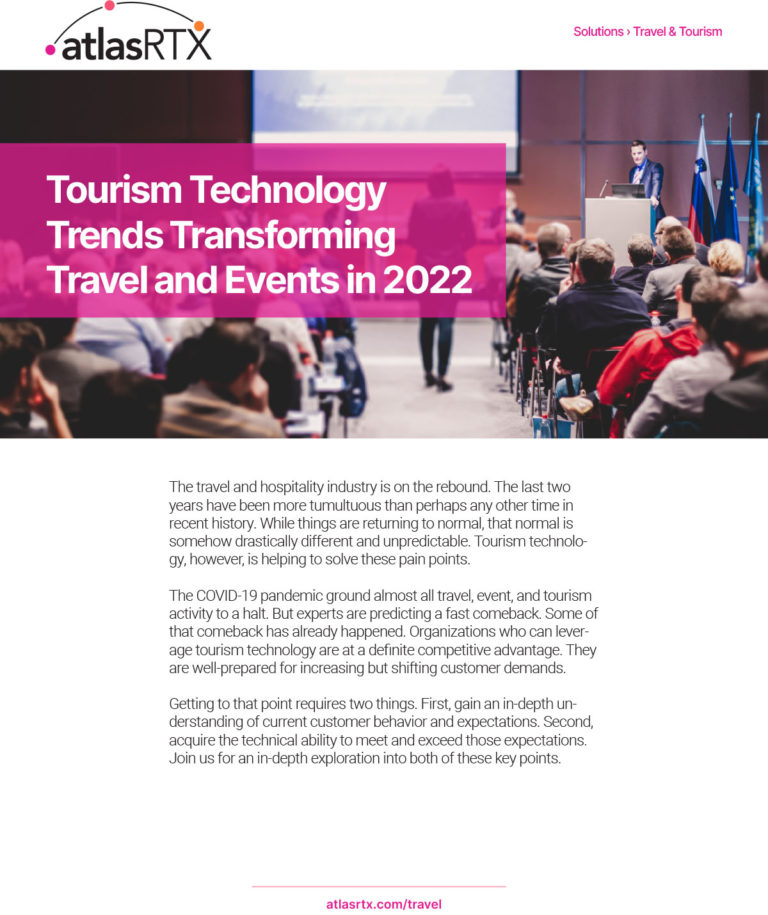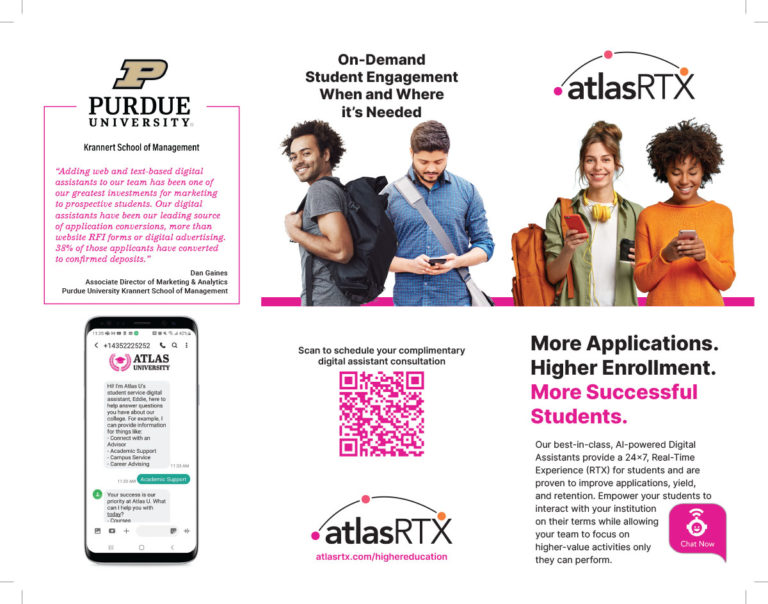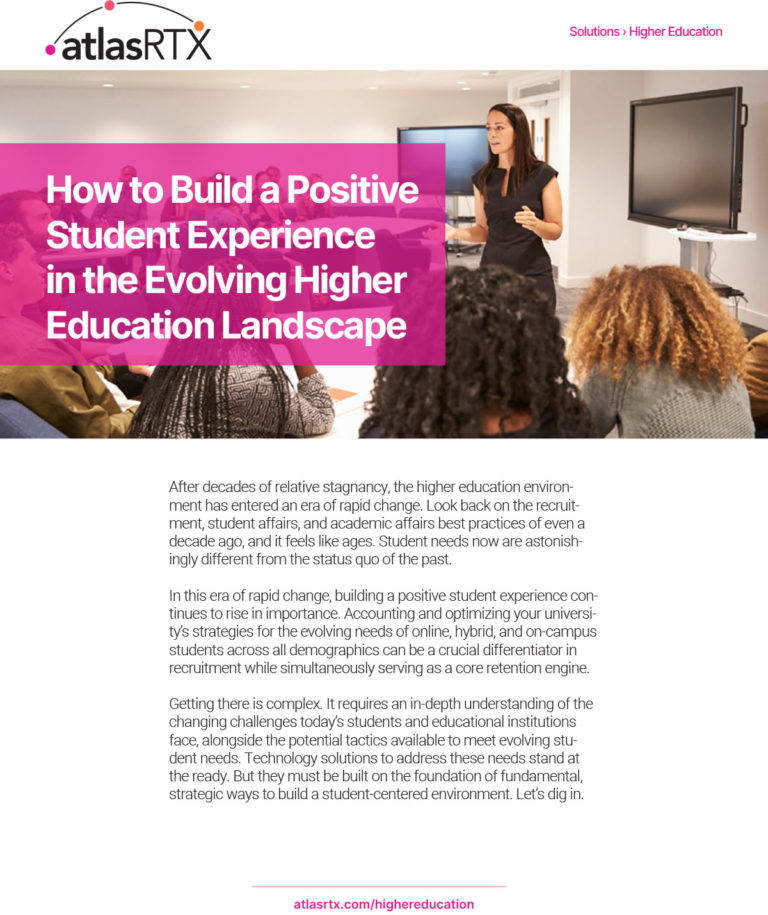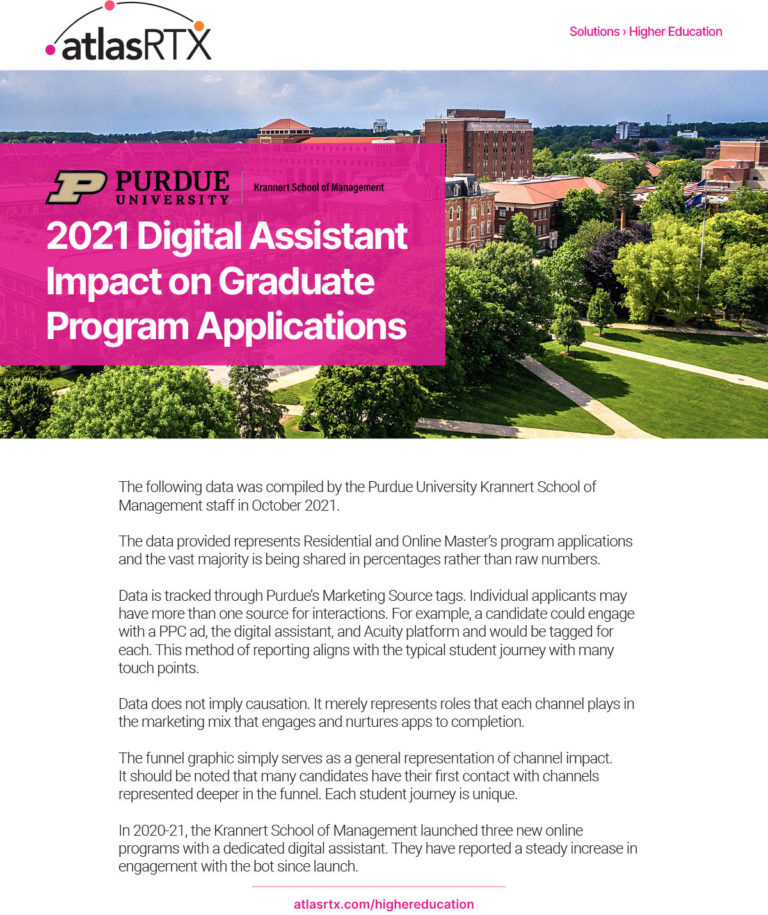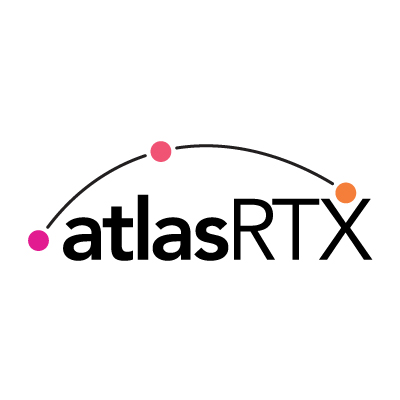Portfolio
Writing Samples
Digital assistants are becoming an increasingly popular communication tool for higher education institutions. Conversational data make communication with prospective and current students easier and more personalized. While many of the most common benefits focus on providing real-time answers and improving the student experience, for forward-thinking schools, the advantages can also be more proactive.
In addition to being a tool designed around providing answers and knowledge, digital assistants also collect data. That data, in turn, can become an invaluable tool to learn more about audiences and anticipate their needs in a variety of ways.
For more than a decade, international student recruitment and enrollment have been an important part of both public and private higher education strategy in the United States. The ability to attract a diverse audience of students from around the globe and at home has long played a core part in reaching and maintaining healthy enrollment goals.
Much of that changed in the past few years, throwing many institutions into crisis. Thanks to the COVID-19 pandemic, international enrollment dropped by almost half during the 2020/21 school year. Those numbers are now rebounding. However, international perceptions of the U.S. combined with ongoing pandemic concerns mean that it might be years before we see them reach the levels of the mid-2010s once again.
The COVID-19 pandemic is by no means over. But conditions in a wide range of areas are beginning to normalize. Other areas, though, are still struggling to generate the demand they saw prior to the largest global catastrophe in decades. And one area embodies both sides of that trend: travel. Leisure travel vs. business travel recovery illustrates a stark contrast.
By all accounts, leisure travel is moving back to pre-pandemic levels. Domestic and international tourism enjoyed a strong start to 2022. It is propped up by what some call “revenge travel.” This term refers to revenge on the lockdowns, the restrictions posed by a global pandemic, and a renewed desire to see the world again.
In today’s digital-first world of marketing and sales, companies are turning to automation to connect with more customers. While live chat widgets proliferate across websites all over the world, chatbots and digital assistants have become more and more popular for their ability to engage with customers 24/7. Unfortunately, the majority of “do it yourself” chatbots are providing a poor user experience, and one of the big reasons is web scraping.
Web scraping is how most chatbots get their information; crawling your website for data and then using that information to serve to users when they ask a question. Rarely do these web scraping chatbots return a correct, or relevant, answer.
If you among the majority of people who have engaged with digital assistants in the last few years, from live chat widgets to chatbots to voice assistants from Apple and Amazon, you definitely have formed strong opinions of this technology. Most people are very satisfied with their experiences interacting with voice systems like Alexa, and unhappy with everything else. Maybe you were forced to wait 45 minutes to reach a live chat agent, or you interacted with a “dumb” chatbot that never answered your questions, instead collecting your contact information and making you wait for a reply.
Luckily, not all experiences are the same, and not all chatbots are alike. A poor experience with an automated digital assistant likely means a low BotIQ® score. But what does that even mean, and how can you tell the difference?
Higher education was already struggling with applications, enrollment and retention before COVID-19, and the pandemic has only made it more difficult for administrators. Due to the pandemic, test makers canceled planned test-taking sessions for the ACT and SAT to later dates. Some of those dates were eventually scrapped altogether causing, schools across the country to make this testing an optional requirement for applying in the hopes of increasing the number of submitted applications.
So, what does this have to do with having an automated chatbot on your school’s website? Traditionally, ACT and SAT scores are directly correlated with parental income. Dropping the need for test taking will begin to create a more diverse applicant pool.
